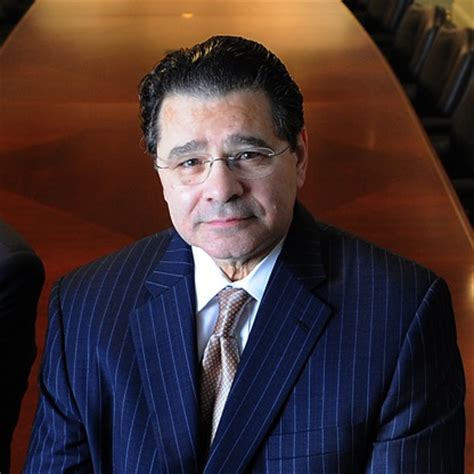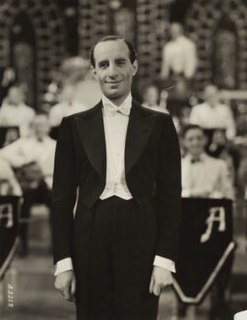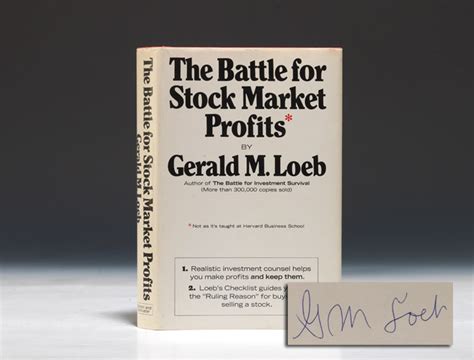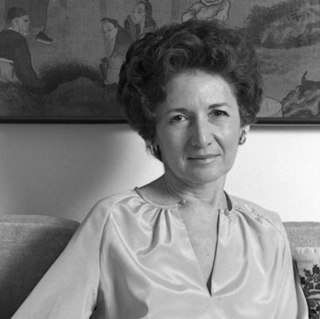A Quote by Charlie Munger
You're looking for a mispriced gamble. That's what investing is. And you have to know enough to know whether the gamble is mispriced. That's value investing.
Related Quotes
To us, investing is the equivalent of going out and betting against the pari-mutuel system. We look for a horse with one chance in two of winning, and that pays three to one. In other words, we're looking for a mispriced gamble. That's what investing is, and you have to know enough to know whether the gamble is mispriced.
We take the traditional value investor's process and just flip it around a little bit. The traditional value investor asks 'Is this cheap?' and then 'Why is it cheap?' We start by identifying a reason something might be mispriced, and then if we find a reason why something is likely mispriced, then we make a determination whether it's cheap.
We may gamble on outsmarting the law; we may even gamble on the leniency of man and the mercy of God-but no man ever won a gamble with his own conscience. Even should he think he has beaten his conscience into submission, his misdeeds still leave their mark upon him. Anyone who gambles against this fact has already lost his gamble.
Who’s afraid of the big, bad buildings? Everyone, because there are so many things about gigantism that we just don’t know. The gamble of triumph or tragedy at this scale — and ultimately it is a gamble — demands an extraordinary payoff. The trade center towers could be the start of a new skyscraper age or the biggest tombstones in the world.
































